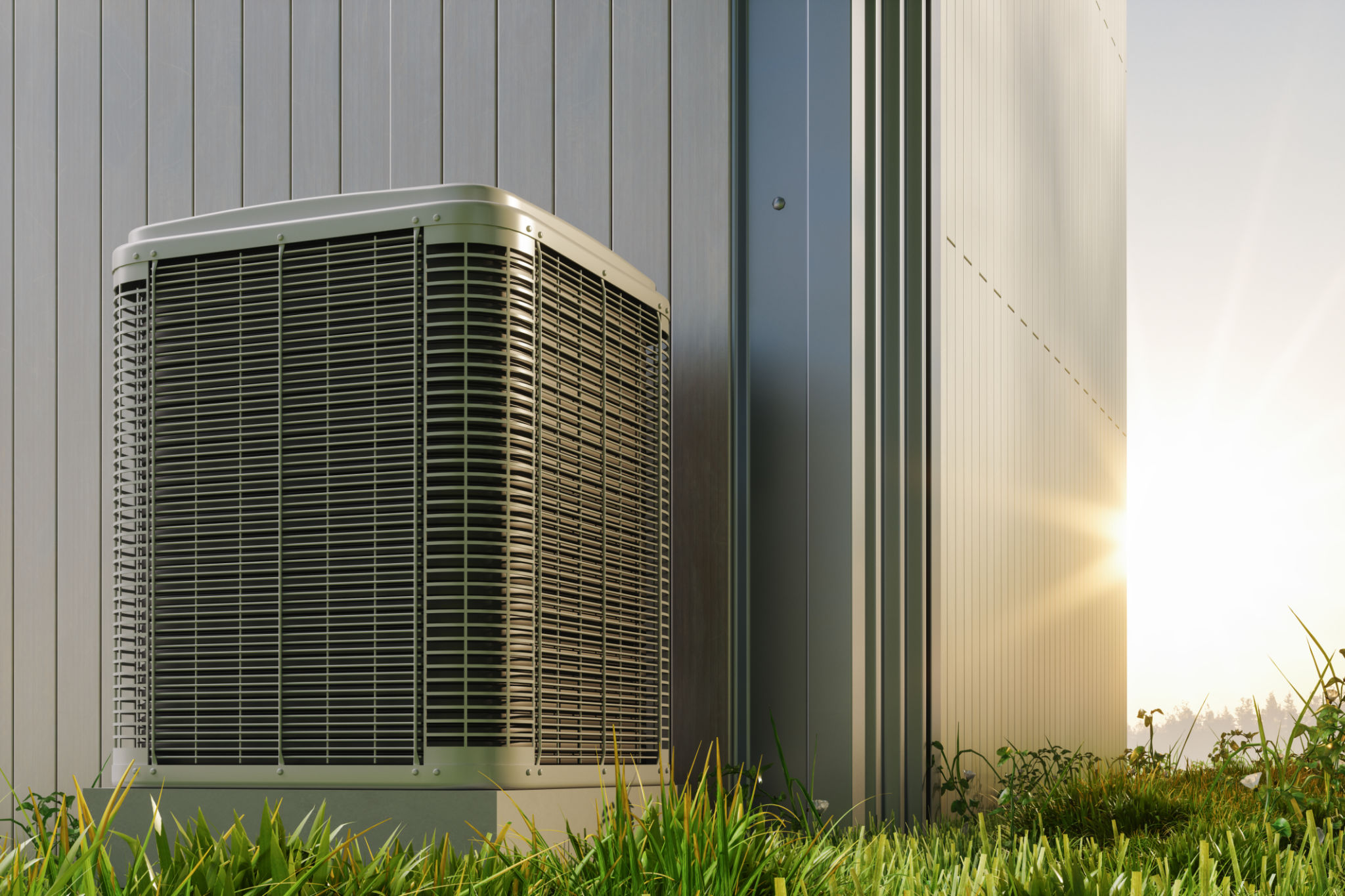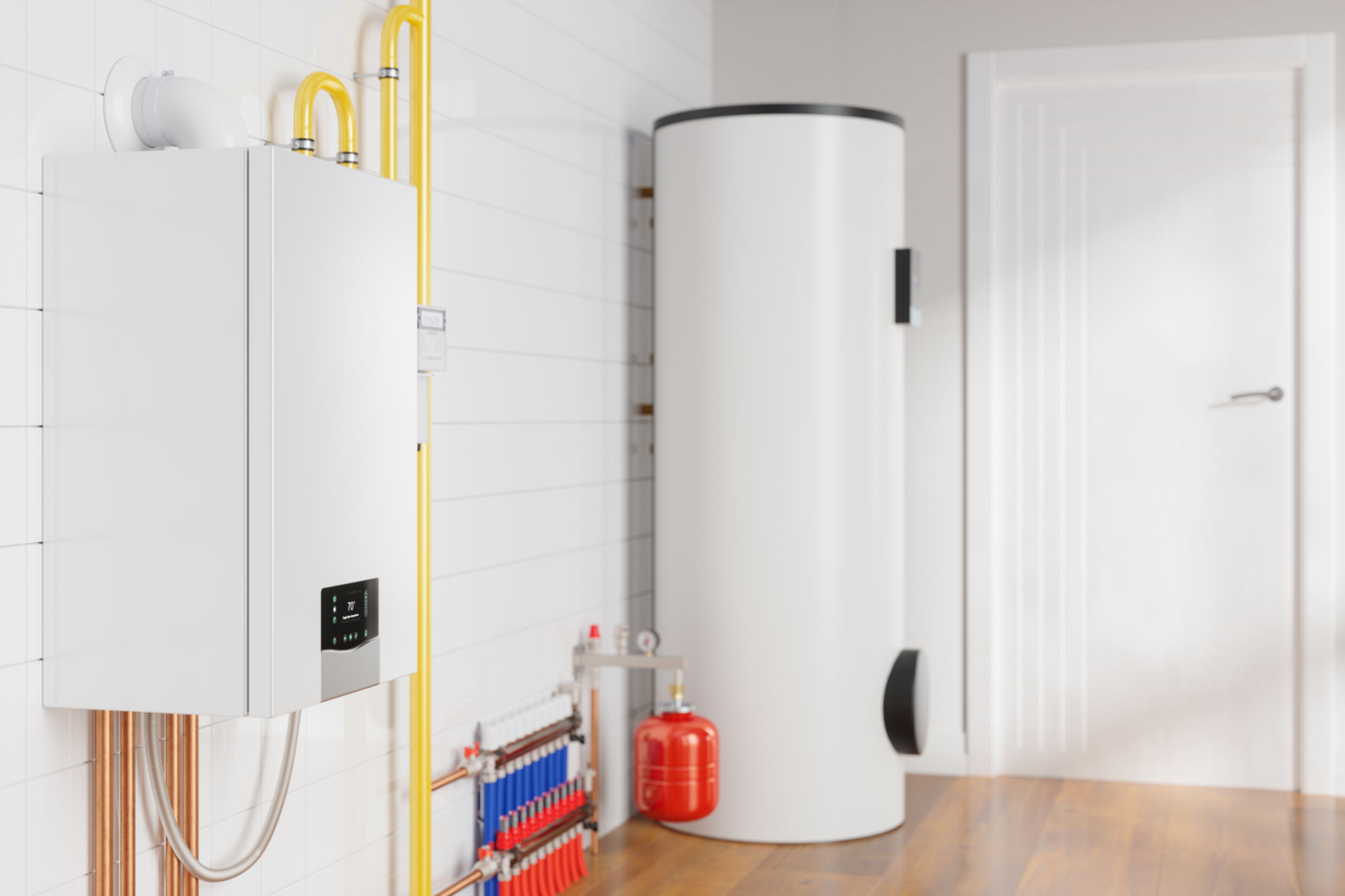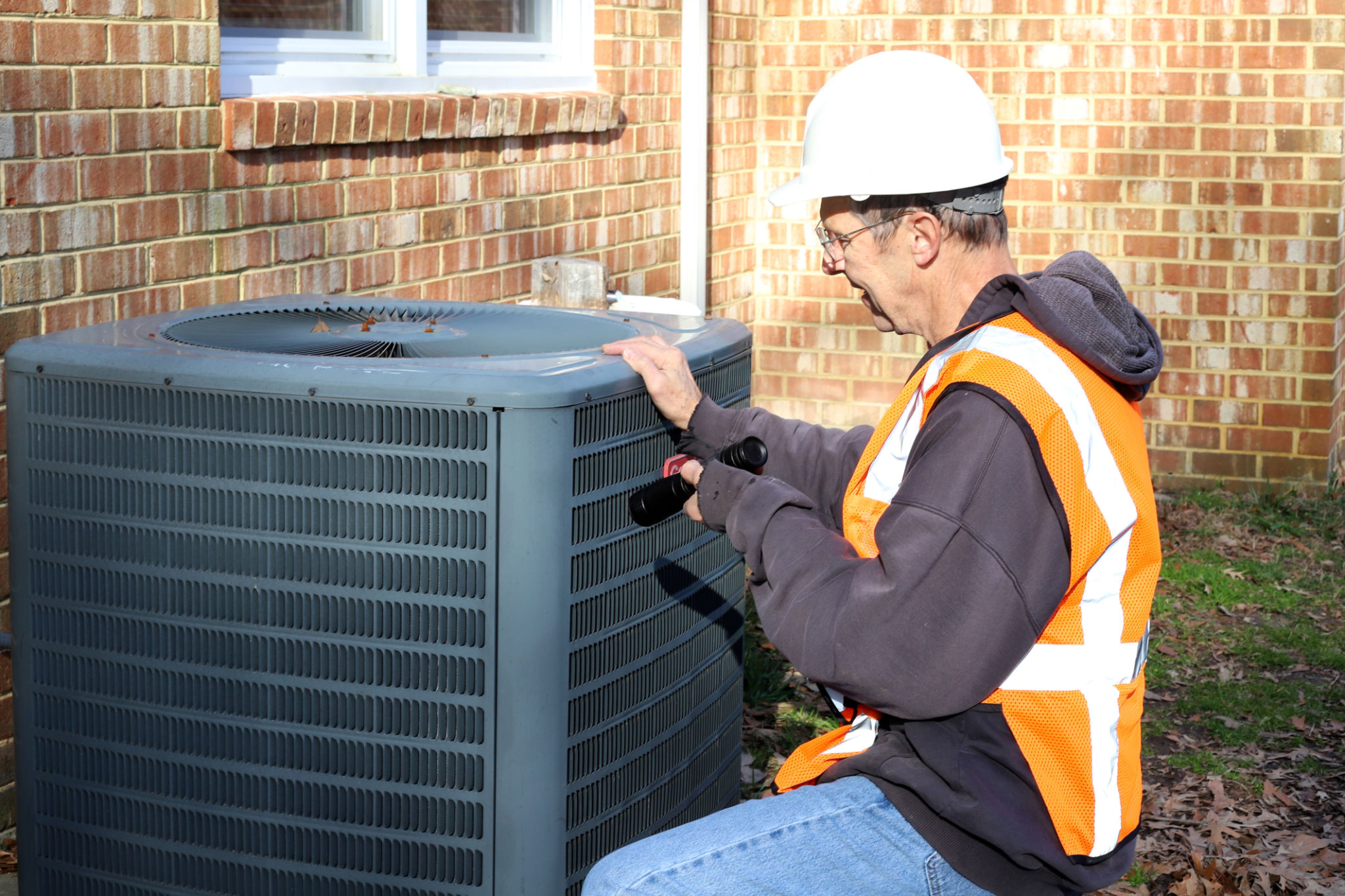The Impact of WA’s Climate on Your HVAC System
The Influence of Western Australia's Climate on HVAC Systems
Western Australia (WA) is known for its unique and diverse climate, which can significantly impact the efficiency and lifespan of HVAC systems. From the scorching heat of the summer months to the cooler, damp winters, these weather patterns pose distinct challenges for both residential and commercial HVAC units. Understanding these impacts is crucial for maintaining your system's performance and longevity.

Summer Heat and Cooling Demands
During the summer, temperatures in WA can soar, placing a significant demand on air conditioning systems. HVAC units are often required to work overtime to maintain comfortable indoor environments. This constant use can lead to increased wear and tear, reduced efficiency, and higher energy bills. It's important to ensure that your system is properly maintained to handle these extreme conditions.
Regular maintenance, such as cleaning filters and checking refrigerant levels, can help improve efficiency and prevent unexpected breakdowns during peak usage times. Investing in an energy-efficient HVAC system can also help manage costs while providing effective cooling.

Winter Challenges and Heating Efficiency
While WA is known for its warm climate, winter temperatures can drop significantly, particularly in the southern regions. This shift places a different kind of demand on HVAC systems, emphasizing the need for effective heating. Cold weather can cause systems to work harder, leading to increased energy consumption and potential malfunctions if not properly maintained.
To ensure optimal performance during winter, it's essential to inspect your HVAC system before the cold season begins. This includes checking heating elements, thermostats, and ensuring there's no draft that could affect indoor temperatures.

Humidity and Its Effects
WA's coastal regions often experience high humidity levels, which can further complicate HVAC operations. Excess humidity can lead to mold growth within ductwork and components, impacting both air quality and system efficiency. Dehumidifiers or HVAC systems with built-in humidity control can be beneficial in these areas.
Maintaining a balanced indoor humidity level is crucial for comfort and health. Regular inspections can help identify any issues related to moisture buildup and address them promptly.
The Importance of Regular Maintenance
Given the climatic challenges in WA, regular maintenance of HVAC systems cannot be overstressed. Scheduled inspections by professionals can help identify potential issues before they escalate into costly repairs or replacements. This proactive approach not only extends the lifespan of your system but also ensures it operates efficiently year-round.
- Change filters regularly to improve airflow and efficiency.
- Keep outdoor units clear of debris to ensure proper ventilation.
- Schedule annual professional inspections to catch potential problems early.

Conclusion
The diverse climate of Western Australia presents unique challenges for HVAC systems. By understanding these impacts and implementing regular maintenance practices, you can ensure your system remains efficient and reliable throughout the year. Whether you're facing the intense summer heat or the chilly winter days, a well-maintained HVAC system is key to maintaining a comfortable indoor environment.